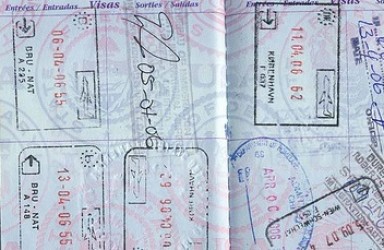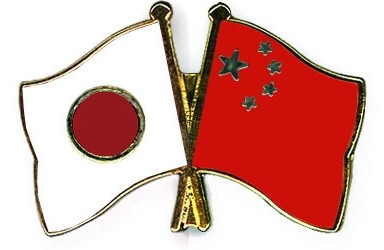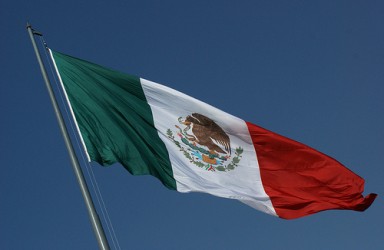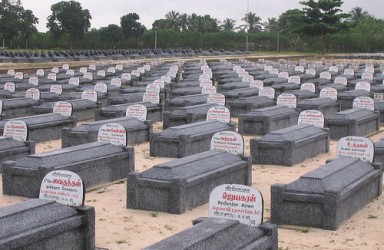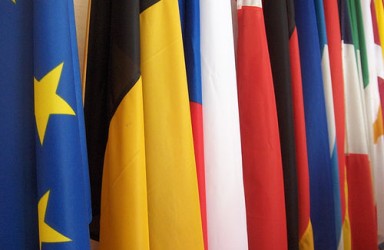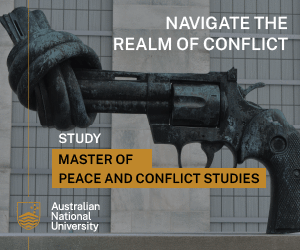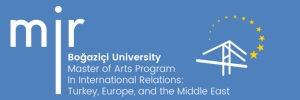Can the EU Foster a Post-national European Identity by the Extension of European Constitutional Rights?
Constitutional patriotism carries several threats. It imperils the meaning of rights, making them too dogmatic or too universal. In the latter case it disconnects them from institutions, in the former it alienates those with a minority identity.
Assessing Japan’s and China’s strategic relationships with the USA
The Asia-Pacific’s emerging powers are translating their prosperity into military power. In such a context, the relationships between the two regional powers and the United States, are crucial.
Can the security dilemma explain actual conflicts?
Although the occurrence of certain wars can be attributed to the operation of the security dilemma, a number of socio-structural factors limit the likelihood of such an extreme outcome.
The power politics of multi-lateral engagement
Super-powers can be selective in their multi-lateral engagements. That is their problem. Middle-ranking powers cannot, that it is theirs.
Non-Intervention, or Responsibility to Protect?
In recent decades, the realities of globalization and growing interdependency make it impossible to turn our backs on large-scale Human Rights violations and Crimes against Humanity committed in foreign countries.
On the ‘War on War’ in Modern Geopolitics
The unilateral projection of peace could become a potent political lever and a game changer in international relations, yet ‘peacefare’ and a ‘peace arsenal’, including confidence-building measures and a conflict-quelling capability, have seldom been looked into.
The Role of the Economic Elite in Mexico’s Democratic Development
A widely held middle class critique of Mexico’s governing institutions is that politicians are accountable only to the private elites and do not respond to middle and lower class needs. Indeed, with a history of oligarchic-type rule and pervasive government corruption, private sector elites have consistently been major players in Mexican politics.
Is the Growing Criticism of the International Monetary Fund Justified?
The IMF is an international organisation that causes much debate. The neo-liberal ideological agenda, the control of the policy agenda by wealthy countries, and the conditionality attached to the loans it provides, all form the basis of worthy criticism.
Universals in a World of Difference: Human Rights in Sri Lanka
The international community is fixated on the protection of human rights, and sees only one route to do this: the expansion of liberal democracy. The interest in propagating these models produced the conditions for conflict to break out in Sri Lanka.
Do IGOs Decrease the Possibility of Conflict?
Whether international institutions can promote and achieve a more peaceful world is a question that is being examined more and more in the study of international relations. Literature about this issue has further developed over the last 50 years, as the world has seen the rise of new international organizations and the integration of old ones.
